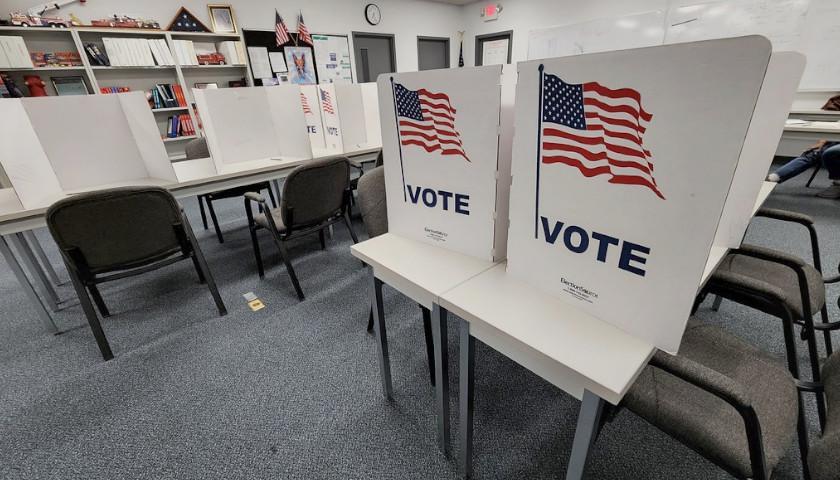by J.D. Davidson
Ohio Attorney General Dave Yost took another swing Thursday at stopping provisions from controversial nuclear bailout House Bill 6 from impacting the state’s energy customers.
Late last year, Yost sued to stop ratepayer fees from being implemented that would have provided $150 million in money to Energy Harbor. Thursday, he filed a motion to stop FirstEnergy from executing another rate hike allowed in the legislation.
“First we had to stop the collection of the fee created to line the pockets of Energy Harbor and now we are trying to stop the guaranteed profits for FirstEnergy and inappropriate rate increases to Ohioans,” Yost said in a statement. “It’s time for the court to shut the HB 6 piggybank down.”
Yost said that HB6 contains a decoupling mechanism that only applied to FirstEnergy and allowed the company to match its income level from 2018 every year going forward regardless of how much electricity it sold anytime in the next decade.
He said that “guarantees” FirstEnergy will receive its high-water-mark profits regardless of service levels, and it provides no accountability. Yost also said the idea abuses the concept of decoupling.
“House Bill 6 contained something even more costly to customers than the nuclear bailout,” Yost’s motion said. “It also enacted a perverse form of decoupling uniquely designed to allow FirstEnergy to overcharge its customers.”
In late December, the Ohio Supreme Court agreed with a lower court and issued a temporary stay to stop the collection of the bailout fee nearly every power consumer in the state would have paid.
That fee, which was scheduled to begin Jan. 1, was part of the original bill, which called for Energy Harbor to receive $150 million a year and nearly $1 billion in total from consumers. Also, another $20 million was to go to a handful of solar projects in the state, none of which has begun.
HB 6 led to a $60 million bribery and racketeering scandal and the indictment of former Ohio Speaker of the House Larry Householder, along with others
Throughout the fall, the Ohio House debated several proposals to repeal and replace HB 6. Finally, Jim Hoops, R-Napolean and chair of the Select Committee on Energy Policy and Oversite, introduced House Bill 798, which delays charges to ratepayers until Jan. 1, 2022, and delays the first disbursement to Energy Harbor by a year, to April 2022.
The bill also adds tougher audit provisions and requires an annual financial need assessment. It requires an independent third-party auditor, and Energy Harbor faces the possibility of losing credits if it fails to produce any requested documents.
Democrats offered measures in committee to repeal House Bill 6, along with amendments to Hoops’ proposal that were all rejected. That bill has yet to reach a full floor vote.
– – –
An Ohio native, J.D. Davidson is a veteran journalist with more than 30 years of experience in newspapers in Ohio, Georgia, Alabama and Texas. He has served as a reporter, editor, managing editor and publisher. Davidson is a regional editor for The Center Square.
Background Photo “Gavin Power Plant” by Analogue Kid. CC BY 2.5.





